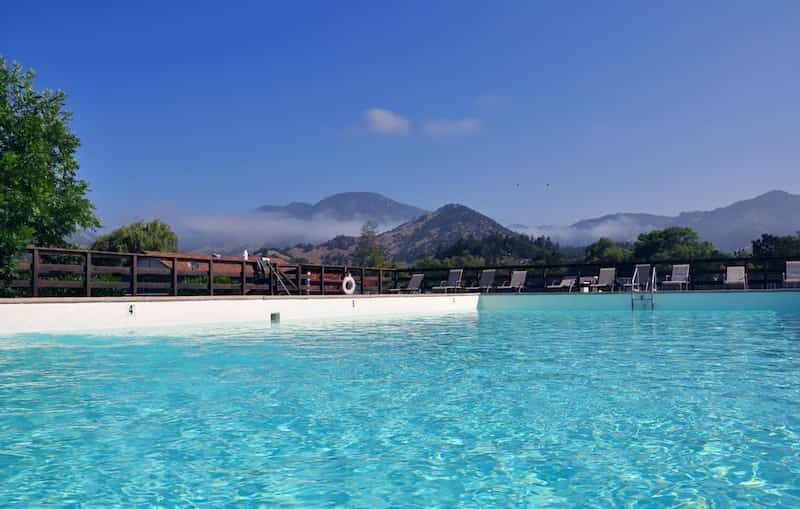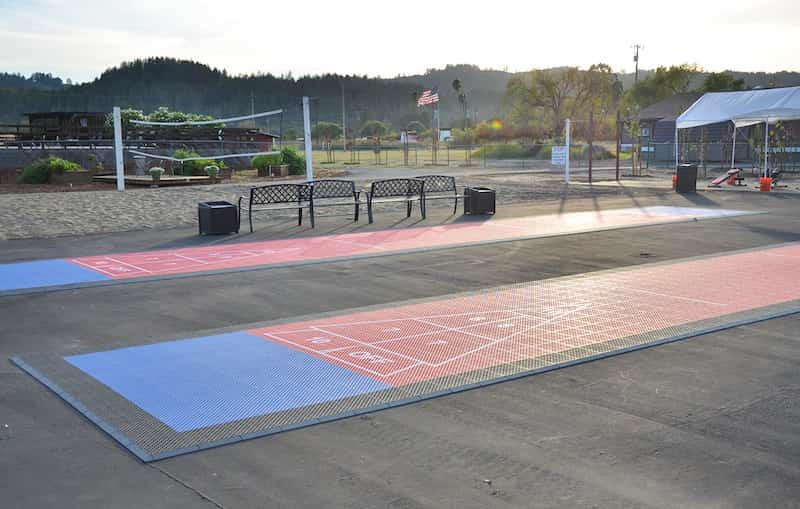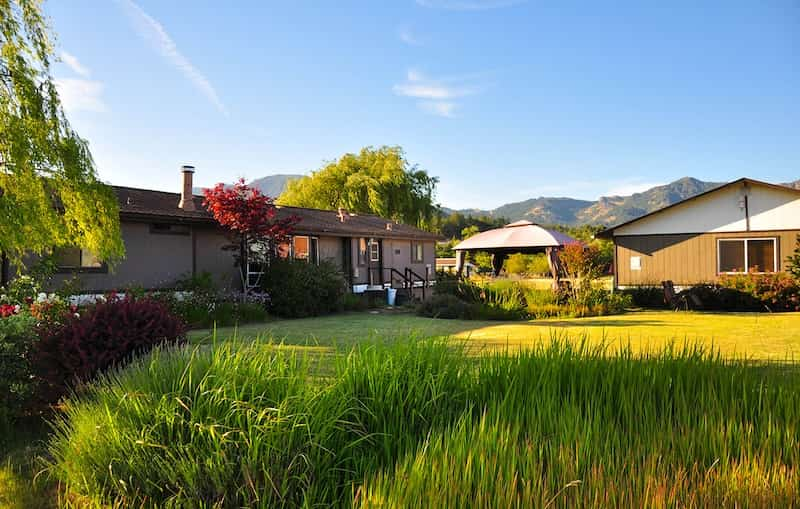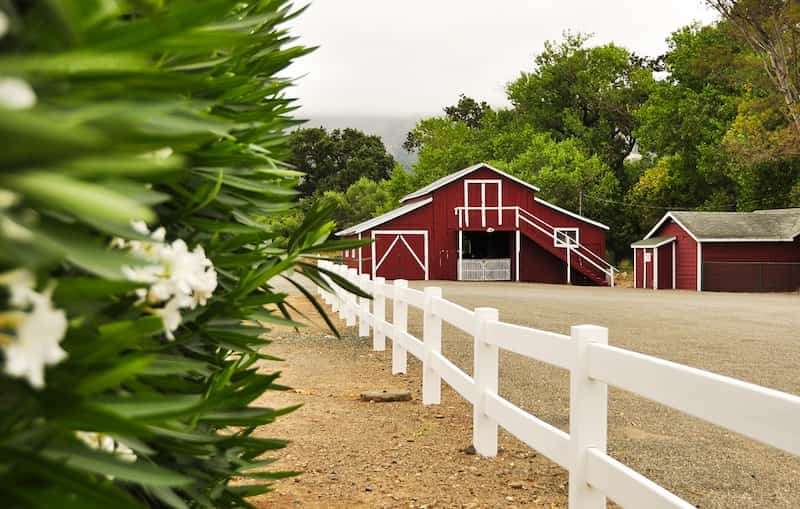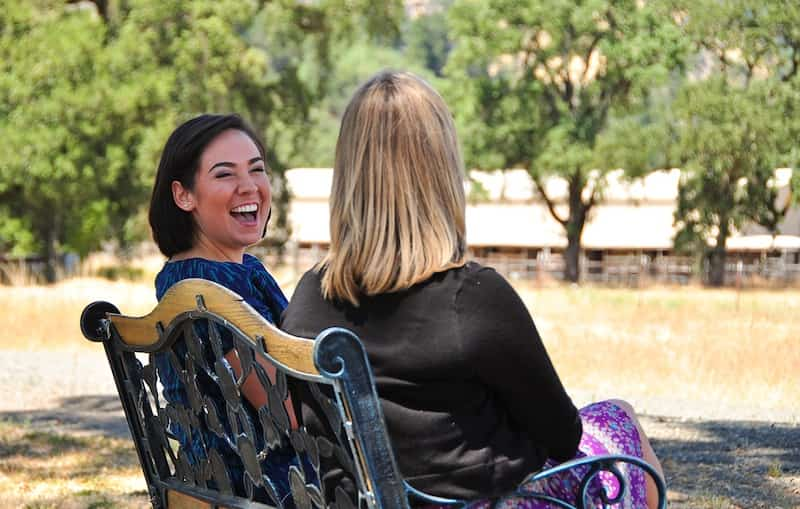With over 38,000 guests treated and a completion rate of over 90%, Duffy’s Napa Valley Rehab outperforms other alcohol addiction treatment & detox centers by building the necessary foundation for long-term recovery. Duffy’s provides in-house detoxification services for a smooth transition into residential care.
Learn About Relapse
Understanding alcohol relapse
Choosing to get help in Northern California for an addiction to alcohol is a courageous decision, and following through on this commitment is a tremendous achievement that requires strength, focus, and dedication. Anyone who has overcome alcohol use disorder and gained a foothold in recovery should be proud of this truly impressive accomplishment.
Unfortunately, victory over alcohol is not a one-time occurrence. One of the most important lessons of treatment for alcohol addiction is that the effort to achieve long-term sobriety is a lifelong struggle that demands ongoing effort and continued focus. One of the many reasons why “one day at a time” is such a common saying in the recovery community is that remaining in recovery requires daily vigilance to prevent alcohol relapse.
Maintaining recovery from alcohol or any type of addiction involves overcoming a number of obstacles and setbacks, but the effort to remain abstinent from alcohol can expose an individual to certain unique difficulties. For example, among the many challenges faced by individuals who are recovering from alcoholism is that alcohol is virtually omnipresent in modern American society. It is almost impossible to participate in a social gathering, attend a sporting event, watch television, read a magazine, or otherwise engage in everyday life without being exposed to alcohol use and/or inundated with alcohol-based advertisements.
For these and many other reasons, it is vitally important that men and women who complete treatment at an alcohol abuse center participate in the continuing care services, follow-up opportunities, and other sources of ongoing support that the program offers. An effective recovery program will not only help an individual gain a foothold in early recovery, but will provide him or her with the services and support that will enable him or her to overcome the obstacles that can prevent him or her from achieving long-term sobriety.
Why People Relapse
Reasons why people relapse from alcohol
The unfortunate truth of recovery is that, even among individuals who have resisted the urge to consume alcohol for years following treatment, alcohol relapse is an ever-present threat. As noted earlier on this page, people who are recovering from an addiction to alcohol must learn to navigate through a world in which alcohol is prevalent and easily accessible. However, being near alcohol is far from the only factor that can undermine an individual’s recovery.
The following are among the many events and experiences that can precede a relapse:
- Dealing with overwhelming amounts of stress or pressure
- Suffering a setback at work or in school
- Associating with individuals who often use or abuse alcohol
- Experiencing a personal loss, such as the end of a relationship, a separation, or a divorce
- Being assaulted, attacked, or otherwise subjected to trauma
- Developing a depressive disorder or other mental health disorder
- Struggling in the aftermath of the death of a close friend or family member
- Believing that one’s recovery has been successful enough that one can have “a drink or two” without risking ongoing harm
Of course, a person’s response to these situations, and the likelihood that they will cause a relapse into alcohol abuse, will vary depending upon a myriad of personal factors, including how well the individual has prepared for such challenges in treatment. No single cause will always lead to relapse, and no sole strategy is 100% effective at preventing a return to alcohol abuse. But preparation can significantly increase a person’s ability to remain in recovery even during the most difficult times.
Preventing Relapse
How to prevent relapse from alcohol
Experiences that can push a person back into the destructive cycle of alcohol abuse are known as triggers. One of the many important aspects of treatment for alcoholism is learning to identify the triggers that pose the greatest risk to one’s continued sobriety, and then planning for how best to avoid or address these triggers in the healthiest and most productive manner.
The following are among the many ways that a person can ensure that he or she has the necessary support to deal with triggers, resist relapse, and remain strong in recovery from an alcohol use disorder:
- Participate in continuing care programs, alumni services, and any other recovery support opportunities to prevent relapse that are offered by the alcohol recovery program that you attended.
- Get involved with a treatment support group such as a 12-Step group or one that is based upon a different recovery philosophy. Being active with such a group will help you to form positive connections with others in the recovery community, will allow you to give back to others who are struggling, and will help you remain accountable to your continued sobriety.
- Find healthy and productive ways to spend your leisure time. The hours that you once spent drinking or recovering from drinking can be dangerous if you do not fill them with alternative activities. Taking up a sport, doing volunteer work, and developing a new hobby are three of the many ways to improve your overall quality of life and eliminate opportunities to backslide into alcohol abuse.
- Associate with positive and supportive people, and avoid those who can undermine your sobriety.
- Practice healthy coping skills. Do not wait until you are in an overwhelming situation to begin meditating, practicing mindfulness, or otherwise engaging in the healthy stress-management techniques that you learned in treatment. Be proactive in your efforts to manage stress.
- Get help. Attend additional support group meetings, talk to your sponsor, make an appointment with a therapist, or enroll in an outpatient or residential treatment program again. There is no shame in admitting that you cannot do this alone. You have many options, and you are worth the effort.
For more information about preventing alcohol relapse or regaining your sobriety after relapsing into alcohol abuse please do not hesitate to contact Duffy’s Napa Valley Rehab in Northern California. We look forward to answering all of your questions and helping you make the most informed choices for your own recovery journey or on behalf of a loved one.







